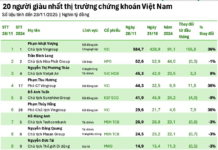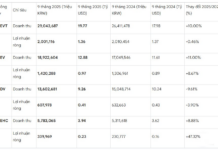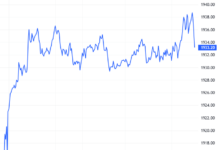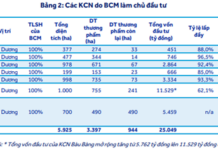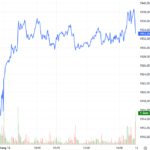The draft amendment to the Value Added Tax (VAT) law and the draft decree guiding the detailed implementation of the amended VAT law are currently being collected opinions by the Ministry of Finance. This draft includes a provision to apply a 10% VAT on all exported services (excluding some specific services).
Truong Dinh Hoe, Secretary General of the Vietnam Association of Seafood Exporters and Producers, believes that applying the VAT to exported services is not in line with international practices and trends, and it increases costs for Vietnamese goods.
According to Hoe, when applying VAT to exported services, domestic manufacturing businesses can still claim a refund. However, export-oriented businesses are not eligible for tax declaration and refund mechanisms.
“Applying the tax to exported services creates inequality between export-oriented businesses and domestic manufacturing entities. They both produce export goods, but one gets tax deduction while the other doesn’t,” Hoe said.
For export-oriented businesses, the entire tax amount they have to pay will be included in the cost. This leads to a significant increase in the production cost of export goods.
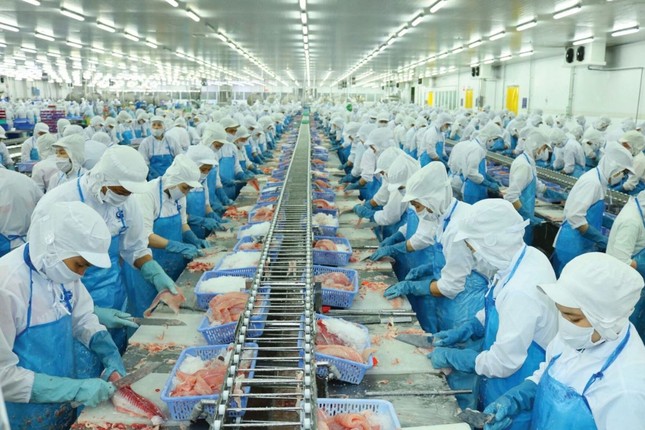
Taxing exported services will reduce the competitiveness of Vietnamese goods
As a result, export-oriented businesses in Vietnam will face decreased competitiveness compared to competitors in other countries, leading to a decline in export turnover. This will also make it harder to retain existing investors and attract new ones due to less favorable tax policies compared to other nations.
The Vietnam Chamber of Commerce and Industry (VCCI) shares the same view. According to VCCI, other countries currently apply a 0% tax rate on exported services and allow businesses to claim input tax refunds. VCCI has not found any cases where tax is levied on exported services.
“For exported services, the current VAT law allows a 0% tax rate, but in reality, many businesses still face a 10% tax due to tax officials’ inability to differentiate between domestic consumer services and exported services,” a representative from VCCI shared.
According to VCCI, Vietnam is an export-oriented economy, which is a crucial driver of the country’s growth, with an average annual growth rate of nearly 15%. Therefore, applying VAT to exported services not only reduces the competitiveness of Vietnamese export goods but also creates additional tax procedures for businesses. This goes against the government’s policies to encourage investment, promote exports, and enhance national competitiveness.
In light of the above shortcomings, VCCI and the Vietnam Association of Seafood Exporters and Producers (VASEP) propose keeping the current regulation of a 0% tax rate for exported services. Additionally, the government should assign the Ministry of Finance to provide guidance on the classification of exported services and domestic consumer services.














